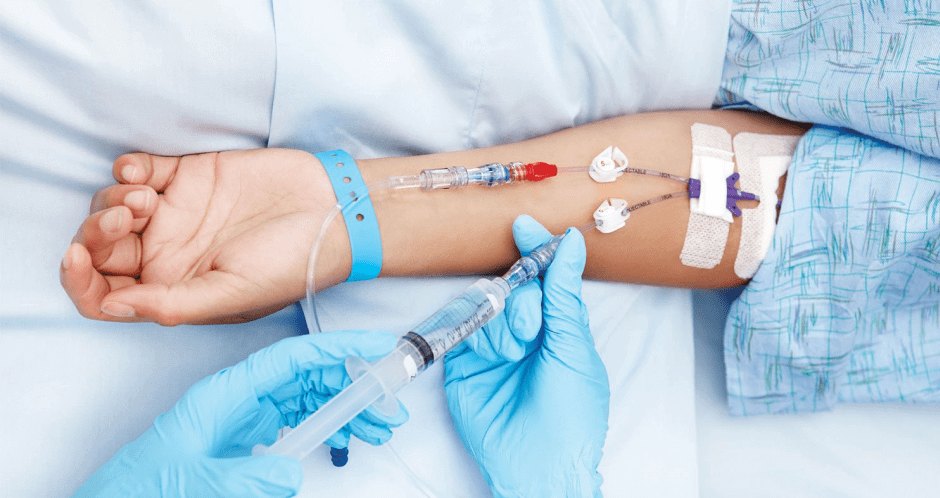According to a recent study, cancer testing levels are starting to recover since plummeting throughout the one year of the coronavirus epidemic. As per the American Culture for Radiology, clinicians have been treated with further severe cancer even during the epidemic.
Fears Of COVID Have Resulted In More Tumors Being Diagnosed At Later Stages
“Whereas the move towards increasingly progressive dementia is concerning, it’s doesn’t necessarily imply that people would have bad results, and a few of the danger posed by cancer types can be mitigated by current therapies like stereotactic radiotherapy or immunotherapy medicines.” ASTRO’s president Dr. Thomas Eichler told journalists at a press conference on Tuesday.

Sufferers are no more delaying care, and hospitals are continuing to use COVID-19 protection precautions to secure patients and personnel, according to Eichler. The study was performed by 117 physicians in the United States. Current individuals are becoming infected with increasingly common tumors, according to 2/3rd of radioactive physicians, and 73 percent of individuals are not getting cancer tests.
Patients’ chemotherapy treatments were also disrupted by the pandemic, according to 2/3rd of those surveyed. Masks public detaching and coronavirus testing are almost common at radioactive treatment centers as further people are protected towards COVID-19. According to Eichler, most are strengthening sterilization processes, forcing workers to carry face masks, and barring guests.
The majority of hospitals have avoided delegating or delaying radiotherapy, according to the report. In January and February of this year, only 15percent stated they delayed procedures, opposed to 92 percent in April 2020. According to the report, 12 percent of doctors have delayed regular case appointments this year, similar to 75 percent in the first days of the epidemic.
Given such significant improvements, four out of ten clinics reported having difficulty obtaining personal protection devices, hand detergent, or certain materials this year. Response to vaccines and vaccination aversion between workers (59%) and consumers (53%) hindered vaccination attempts, according to 53%.
According to Eichler, such problems were most severe in remote and public hospitals than in metropolitan and educational environments. The study also aimed at telemedicine patterns. According to the report, 85 percent of hospitals use telemedicine for add monitoring appointments, and 54 percent use it for new patient appointments. The digital poll ran from January 15 to February 7, 2021.
Nasso stated that not everybody is eager or capable of fighting for oneself. “We have to make certain that the program functions to everybody, irrespective of the medical awareness or willingness to speak for oneself.” As per Dr. Laura Makaroff, for preventive and earlier diagnosis at the Cancer Societies, pandemic-related insecurity and the subsequent lack of medical coverage have impacted cancer testing and treatment. However, Makaroff projected that as further American citizens are screened, there will be a rise in tumor testing and treatments.
“Citizens would seem more at ease heading in for healthcare services, but I believe we as a country still have research to do to decrease such obstacles such that patients can safely participate in care and realize that the threat of avoiding treatment or avoiding testing is much higher than any threat of possible COVID infection,” Makaroff said.
